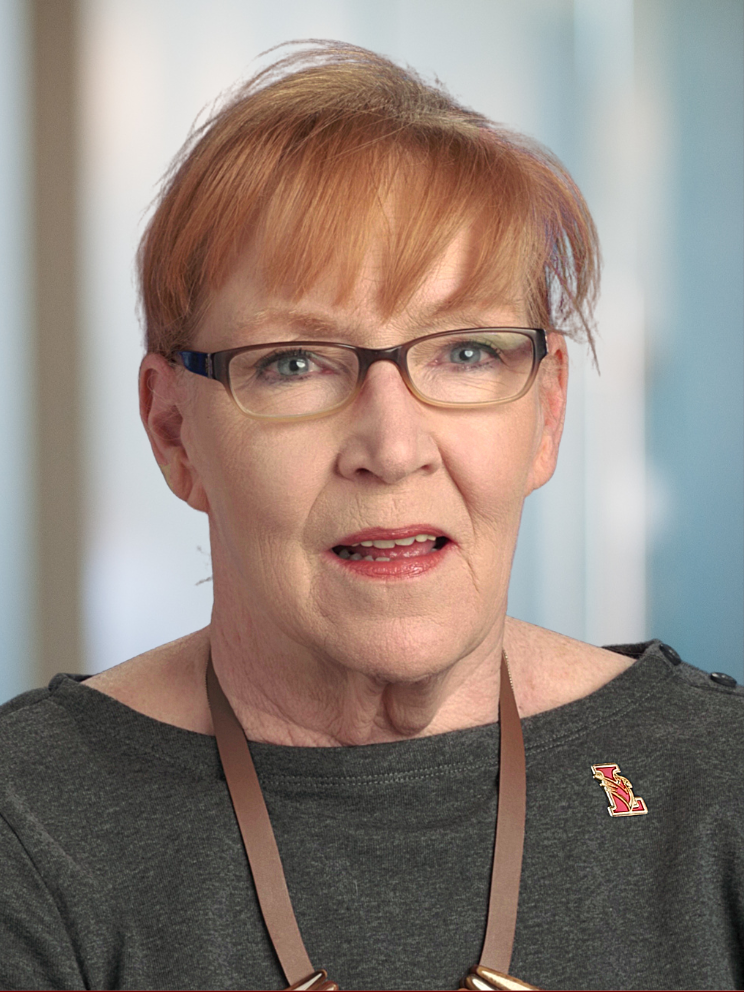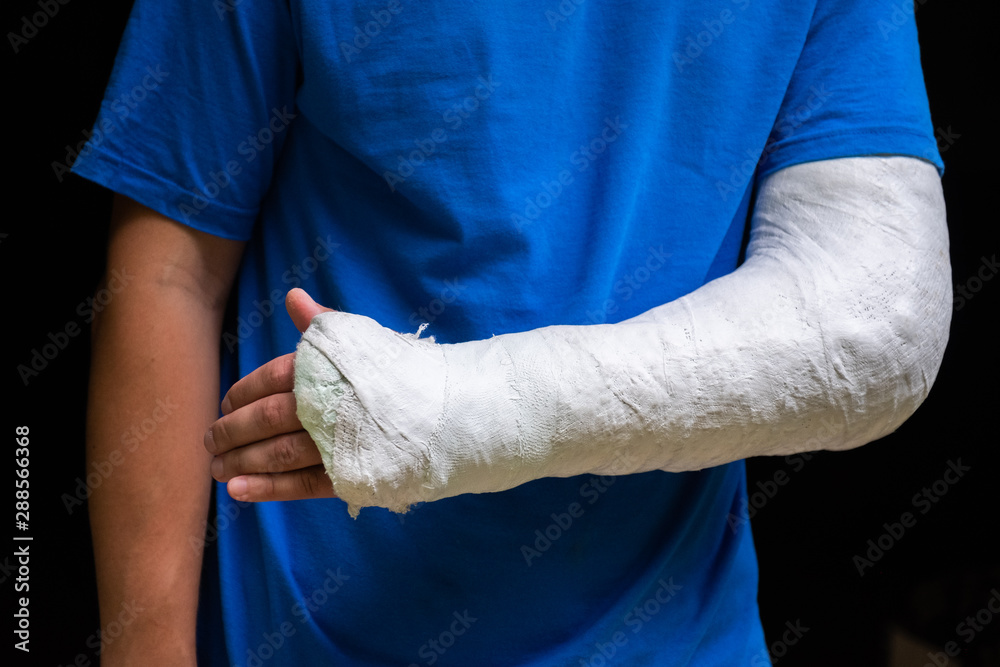Most of us have accepted the new normal of mask-wearing to help curb the spread of COVID-19. The benefits, sketchy at first, are now widely accepted, and masks are mandated apparel in more places than not. I jumped on the mask bandwagon, even pulling my sewing machine from the depths of the basement to make a few, so I wouldn’t need to wear the same white-on-the-inside, blue-on-the-outside as everyone else.
But, good grief, what’s happening to my face? I’m too old for acne! It seems I have a type of dermatitis doctors call acne mechanica, or, as people are calling it, “maskne” (mask + acne = maskne). It’s caused by a combination of heat, friction, oils and bacteria accumulating under my mask. It’s quite common, especially for older skin, to react, and there are a few reasons why this is happening to me and likely to many of you too.
Aging skin is often thinner, more prone to dryness and more susceptible to irritation. The bridge of your nose and the area around your ears may be rubbed by the mask, which should be worn tightly, but not so tightly as to chafe. Wearing the mask in summer’s heat and humidity can cause a heat rash on your cheeks, which is often exacerbated by masks made from materials that don’t breathe or that are treated with antimicrobials or chemicals to kill bacteria. This can result in blemishes or skin with a red, rosacea-like appearance. If you are already suffering from skin issues, such as rosacea, acne, eczema or allergies, your mask can make breakouts worse.
So for starters, masks must be clean. Disposable masks should not be worn over and over, and washable masks should be laundered with a non-irritating detergent, especially when new, to remove any chemicals in the fabric. Skin needs to breathe, so go mask-free when it’s safe.
WebMD offers these tips to avoid and treat maskne. Keep in mind, as with other self-care tips offered here, this blog is no substitute for the opinion of your health care provider—it is merely a guide to what’s going on behind the mask.
Cover wisely but don’t squeeze too tightly. Masks, bandanas or other barriers should fit snugly over your cheeks, nose and chin, but they don’t need to squeeze or press so tightly that they leave indented marks behind.
Wash or replace your mask. Experts recommend washing or replacing your mask after every use.
Cleanse your face regularly. Remove makeup, dirt, oil and bacteria from your skin by washing your face once or twice daily with a mild cleanser. If you don’t have immediate access to a bath, shower or sink, a sensitive-skin wipe may help to reduce breakouts.
Target bacteria. Cutibacterium acnes is a bacterium on the skin that’s known for causing pimples. Fight it with an over-the-counter ingredient, such as salicylic acid, benzoyl peroxide, glycolic acid, sulfur or tea tree oil. Suds up with a wash containing one of these ingredients once a day or apply a cream or gel version for a more powerful effect. Start sparingly and with caution, since any of these ingredients could be irritating or cause redness or an allergy. (And before you ruin your favorite T-shirt, remember that benzoyl peroxide bleaches fabric.)
Try a vitamin A cream. A nightly dab of adapalene gel has been proven to shrink and prevent blemishes. This vitamin A-derived ingredient is the most powerful retinoid available without a prescription. Find it in La Roche-Posay Effaclar Adapalene Gel, Differin Gel or ProactivMD Adapalene Gel 0.1 percent. Apply a thin layer to clean skin at bedtime with your regular moisturizer on top. Start just twice a week and gradually increase to using it every night if your skin tolerates it. At first, adapalene may cause dryness, peeling, redness or irritation. Any irritation tends to go away with continued use.
Handle skin with care. Avoid rubbing, picking or overscrubbing. Exfoliate no more than once or twice a week, use a broad-spectrum SPF and soothe your complexion with a moisturizer once or twice daily.
Check your products. Scan your makeup and skin-care products to make sure the term “non-comedogenic” is on the label. This will help to ensure that whatever you put on your skin won’t contribute to clogged pores and pimples.
With no end in sight to the virus, masks will be part of our wardrobes for the foreseeable future. I’m looking for a bright side: think of the money I’ll save not buying lipstick.

Pepper Evans works as an independent-living consultant, helping older adults age in place. She is the empty-nest mother of two adult daughters and has extensive personal and professional experience as a caregiver. She has worked as a researcher and editor for authors and filmmakers. She also puts her time and resources to use in the nonprofit sector and serves on the Board of Education in Lawrence Township, NJ.



